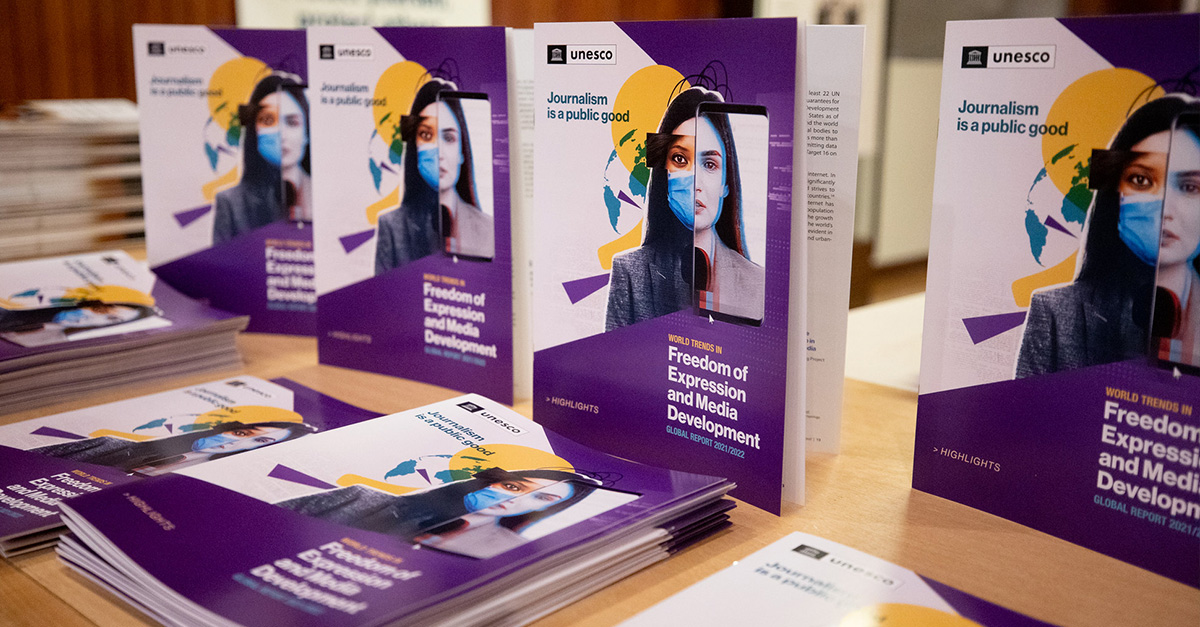[:es]
Independent journalism—the kind that favours public interest over political, commercial, or factional agendas—is in peril. The rapid erosion of the business models underpinning media sustainability has deepened a crisis in the freedom and safety of journalists around the world. The global response to these challenges in the coming decade will be decisive for the survival of a democratic public sphere.

Over the past five years, approximately 85 percent of the world’s population experienced a decline in press freedom in their country. Even in countries with long traditions of safeguarding free and independent journalism, financial and technological transformations have forced news outlets, especially those serving local communities, to close. With readership and advertising markets moving online, advertising revenue for newspapers plummeted by nearly half in the ten-year period ending in 2019.
The subsequent COVID-19 pandemic and its global economic impact have exacerbated this trend, now threatening to create an “extinction level” event for independent journalism outlets.The 2021/2022 global edition of the flagship series of reports on World Trends in Freedom of Expression and Media Development examines these questions with a special focus on “journalism as a public good”. The findings are grounded in data-based analysis, conducted by UNESCO in partnership with Data-Pop Alliance, of trends in media freedom, pluralism, independence, and the safety of journalists, and supplemented by original research by Economist Impact conducted for this Report.
[:ca]
Independent journalism—the kind that favours public interest over political, commercial, or factional agendas—is in peril. The rapid erosion of the business models underpinning media sustainability has deepened a crisis in the freedom and safety of journalists around the world. The global response to these challenges in the coming decade will be decisive for the survival of a democratic public sphere.

Over the past five years, approximately 85 percent of the world’s population experienced a decline in press freedom in their country. Even in countries with long traditions of safeguarding free and independent journalism, financial and technological transformations have forced news outlets, especially those serving local communities, to close. With readership and advertising markets moving online, advertising revenue for newspapers plummeted by nearly half in the ten-year period ending in 2019.
The subsequent COVID-19 pandemic and its global economic impact have exacerbated this trend, now threatening to create an “extinction level” event for independent journalism outlets.The 2021/2022 global edition of the flagship series of reports on World Trends in Freedom of Expression and Media Development examines these questions with a special focus on “journalism as a public good”. The findings are grounded in data-based analysis, conducted by UNESCO in partnership with Data-Pop Alliance, of trends in media freedom, pluralism, independence, and the safety of journalists, and supplemented by original research by Economist Impact conducted for this Report.
[:]


